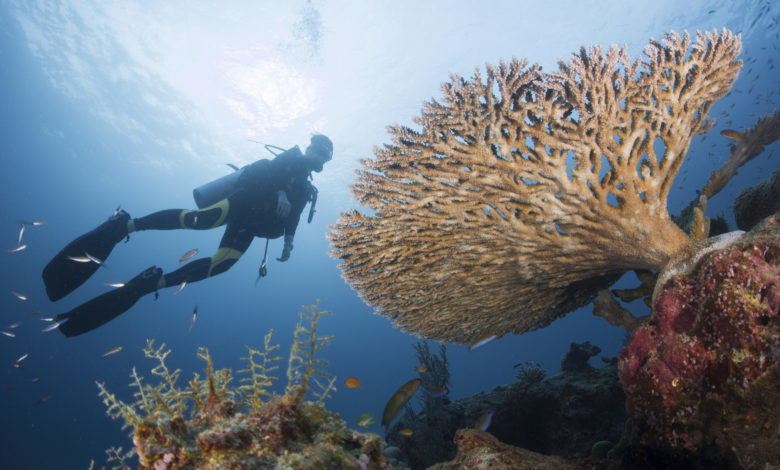
Marine scientists have proposed the immediate implementation of three crucial strategies to save the threatened coral reefs of the Indo-Pacific: protecting reefs from human impact, recovering those damaged, and transitioning away from ones too late to rescue.
The 80 international marine researchers, who contributed to the landmark study published in Nature Ecology and Evolution, gathered data from 2,584 Pacific reefs through meticulous visual assessment to help guide urgent management efforts, spending as much as six hours a day underwater, examining the effects of climate change and human factors of corals.
“There are efforts to use drones or satellites to collect this information, but you cannot get the high resolution needed to assess the vital complex architecture of reefs unless you are in the water,” says Joleah Lamb, assistant professor of ecology & evolutionary biology at the School of Biological Sciences at the University of California, Irvine in the United States, who spent 13 years gathering information on the health of over a million individual corals, providing the fourth-largest dataset in the study.



